25 March 2024
The goal of CAR T-cell cancer therapy becoming a standard of care in New Zealand is another step closer with patient enrolment completed and a total of 30 patients treated within the Malaghan Institute’s ENABLE phase 1 safety trial, says Malaghan Institute Clinical Director Dr Robert Weinkove.

Research Officer Felix O'Hagan operating the Cocoon
Preliminary results of the first 21 patients treated in the trial’s dose escalation cohort, presented at the American Society of Hematology meeting in December 2023, suggested the new third-generation CAR T-cell therapy, developed in collaboration with Wellington Zhaotai Therapies Limited, is safer than leading commercial CAR T-cell products, while remaining highly effective for B-cell non-Hodgkin lymphomas.
Since then, a further nine patients have been treated at the optimal dose as part of a dose expansion cohort, with outpatient management and automated CAR T-cell manufacturing by New Zealand company BioOra Limited. Enrolment and treatment is now complete. Trial participants remain under follow-up, with a primary analysis of all 30 patients treated expected in June 2024, followed by publication of the results.
Dr Weinkove says the dose expansion cohort has established manufacture and delivery of CAR T-cells using cutting-edge automation technology, and has laid the groundwork for a phase 2 registration trial later in 2024.
“The most remarkable finding in the ENABLE trial is the low rate of two common side effects of CAR T-cell therapies: neurotoxicity and cytokine release syndrome. This has allowed us to treat patients without planned hospital admission, saving healthcare dollars. We are preparing a larger phase 2 trial to confirm effectiveness and safety of our CAR T-cell therapy – and to use it earlier in lymphoma treatment.”
The Malaghan Institute is preparing for a phase 2 trial that it hopes will support registration in New Zealand and Australia. The multi-site trial, ENABLE-2, will treat 60 patients over two years.
“We have aligned ENABLE-2 with health service priorities and with a view to regulatory approval. We are actively discussing what it would take to make this treatment – and others like it – available for those who need it here in New Zealand,” says Dr Weinkove.
“The main barriers to CAR T-cell therapy globally are the burden of managing side effects and the cost of the CAR T-cells themselves. By combining an improved safety profile with cost-effective manufacturing, we aim to address both issues.”
BioOra, incubated within the Malaghan Institute, was established with Bridgewest Ventures in 2021 to optimise and scale-up CAR T-cell manufacturing in New Zealand, with a view to regulatory approval and reimbursement for CAR T-cell therapy. If the phase 2 clinical trial leads to successful registration, the Malaghan–BioOra partnership provides a pathway for the therapy to reach New Zealand and Australian patients rapidly and equitably.
BioOra CEO Andi Grant says overseas commercial CAR T-cell therapies are very expensive due to labour and capital intensive clinical and manufacturing models.
“Here in New Zealand, BioOra has partnered with the Malaghan Institute to develop a unique automated process for this personalised therapy that will enable us to manufacture CAR T-cells more consistently at lower cost, and to treat more patients. We have combined this technology with expertise in the delivery and reimbursement of therapeutic products to ensure both this, and other CAR T-cell therapies, can reach New Zealand and Australian patients, and beyond.”
Related articles
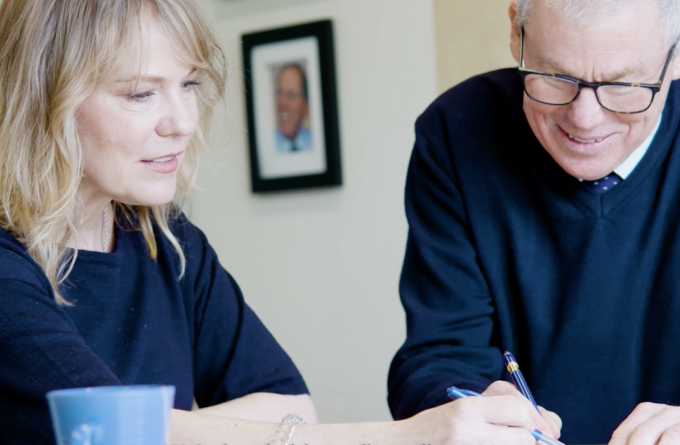
Kjesten Wiig: bringing life-changing treatments to life
27 February 2025
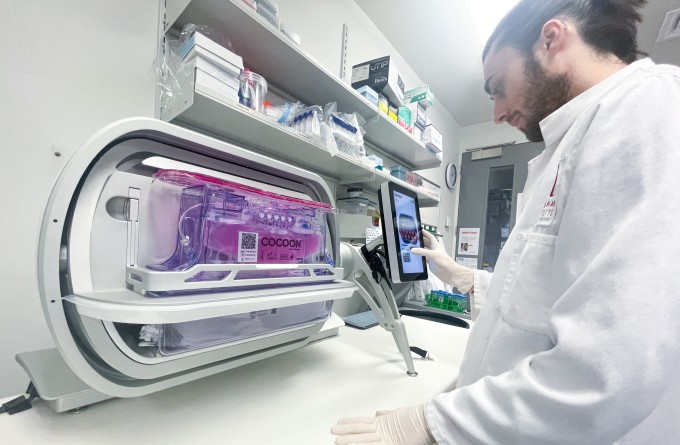
Malaghan CAR T-cell cancer therapy trial expands to Christchurch and Auckland
24 February 2025

Cancer Research Trust grant to improve CAR T-cell therapy
12 February 2025
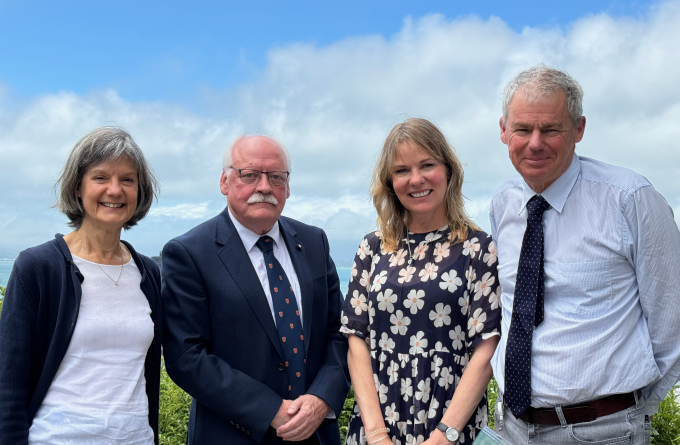
World-renowned cancer pathologist joins the Malaghan Institute as Distinguished Research Fellow
19 December 2024
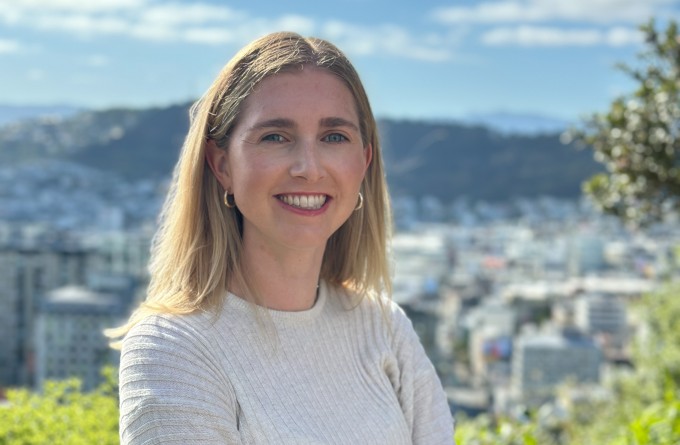
New Zealand to New York and back again: Malaghan researcher tackling liver cancer
18 November 2024
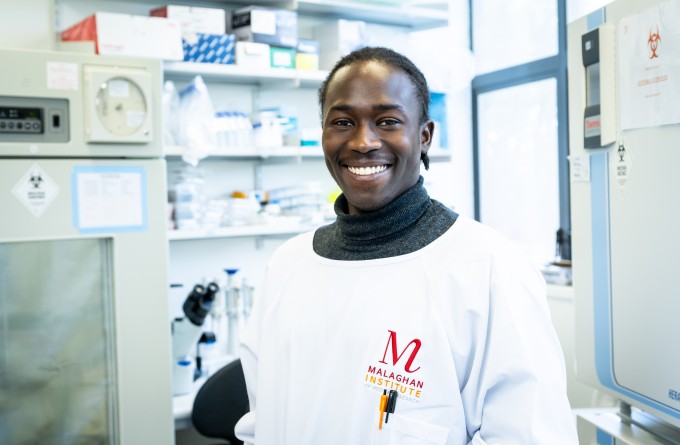
Community partnerships: Zephyr Consulting empowering emerging scientific talent
18 November 2024
